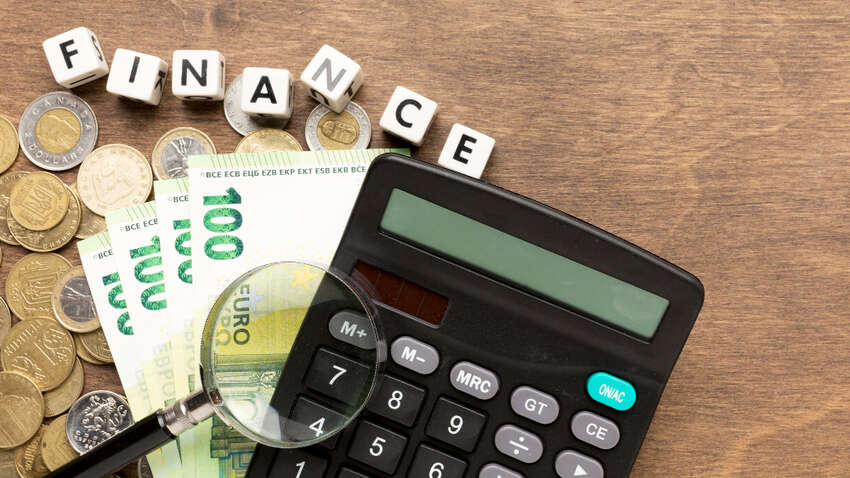A financial product known as a derivative derives its value from something else. The value of a derivative is determined by the value of an asset from which it is derived. In other words, if one considers that a person has placed a bet on a hand of cards, such as in blackjack, the person betting on the performance of the first individual’s hand as a gambling exposure to the first bet is a derivative of the underlying.
Types of Derivatives
The four types of derivatives are explained below in detail:
Swaps
An arrangement to receive and pay cash flows at specified intervals in the future is referred to as a swap. Typically one of the cash flows is fixed and the other one is variable. For example, a bank may have given a homeowner a home loan at variable interest rate but the home owner does not wish to take any further risks related to the interest rate and so the fixed rate mortgage can be exchanged with another person holding such mortgage.
A credit default swap, or simply CDS, is a financial derivative that “swaps” or exchanges the risks associated with debt default. It is like an insurance cover over the risk of a credit instrument, for example a bond from a given issuer, going into default. Acquiring a CDS contract is akin to ‘insuring’ a credit instrument from default. If the credit instrument did go into default, the buyer of the contract is obliged to pay the full compensation.
The CDS buyer pays the CDS seller a fixed premium at regular intervals until the maturity of the contract, to obtain the protection. However to mitigate the associated risk of the trade, the buyer may also come in the agreement and pay or receive additional “points upfront” (for example, should the fixed amount agreed upon at the onset of a contract be too low to commensurate such risks, the buyer may have to “pay more at the beginning” in order to join the contract).
Futures Contract
Futures contracts are also called standardized trading instruments that help to balance the forces of demand and supply by bringing buyers and sellers to a common exchange. The purchaser of the contract from the exchange has an obligation to purchase the underlying asset on the specified date and price.
Forward Contract
A forward contract is an agreement where the purchaser of an asset forwards a specific agreed upon payment for the asset in the future with the intent of acquiring the asset. In regards to futures contracts, forward contracts are flexible and can be tailored for a specific product, quantity and time period unlike futures contracts.
Options
Based on the options contract, the buyer has the right but not the obligation to buy or sell the asset at a specified price on or before the specified date. Options differ from forward contracts in that they give the buyer an option of whether or not to take delivery of the underlying asset at the strike price, while the buyer and seller of a forward contract must perform the transaction on the date specified. To gain more insight into options, refer to the article titled Fundamentals of Options.
Two Reasons To Use Derivatives
Speculating
It is also possible for derivatives traders to use it to profit from risk, rather than provide protection against it. For example, if I believe that the price of a certain stock will rise significantly within the next six months, I may purchase a call option at today’s strike price. Should this prove correct, I stand to gain quite a bit.
Hedging
An investor can reduce risk and exposure by using derivatives. As an illustration, suppose an aircraft firm is concerned that the price of oil will increase over the course of the upcoming year, increasing their fuel expenses and reducing their profitability. In this situation, the airline could limit its exposure by using a derivative contract (probably a forward contract) to buy oil at a certain price in the future.
Read Dive is a leading technology blog focusing on different domains like Blockchain, AI, Chatbot, Fintech, Health Tech, Software Development and Testing. For guest blogging, please feel free to contact at readdive@gmail.com.





